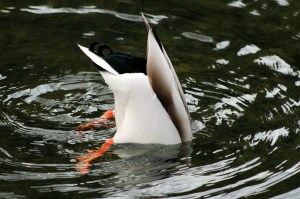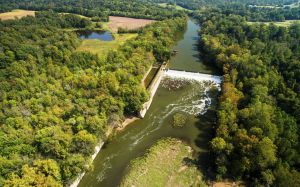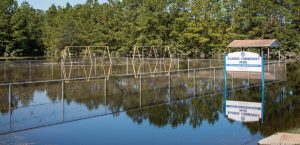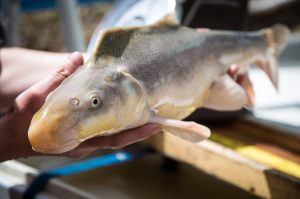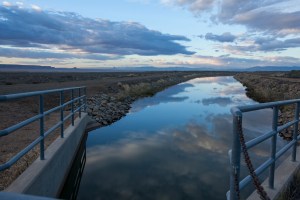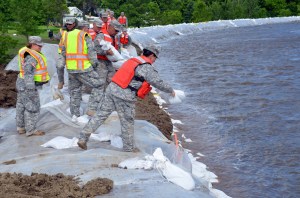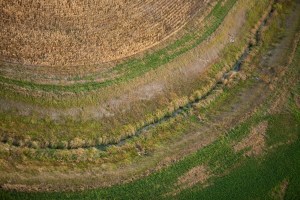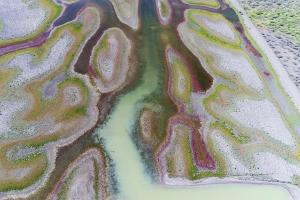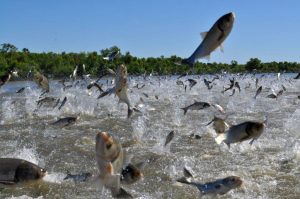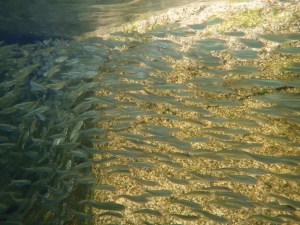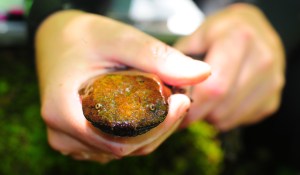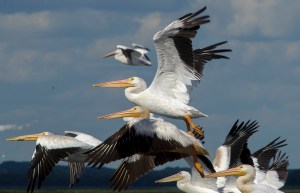Discover stories in Fresh Water
Can Duck Poop Spread Invasive Fish?
New research shows carp eggs can remain viable after passing through a duck’s digestive tract.
Expanding the Successful Sustainable Rivers Program
Dams aren’t going away. But a successful program better manages them for people and nature.
Science for Evaluating Flood Risk + Improving Community Resilience
A new study examines flooding from Hurricanes Matthew and Florence and finds current hazard maps are inadequate for accurately assessing flood risks and protecting communities in North Carolina.
50 Fish, 50 States: Razorback Sucker Nursery
A new project in Utah gives endangered fish a fighting chance.
The Main Cause of Global Water Scarcity? It’s Us.
New research shows that by 2050, more than 70 percent of watersheds around the world will experience water scarcity driven primarily by human activity, not climate change.
Got Floods? Protecting Floodplains Could Be a Cheap Way to Reduce Damages
In many places in the U.S., $1 invested in floodplain protection today can return at least $5 in savings from avoided flood damages in the future.
Floodplains: Protecting & Restoring an Overlooked Ecosystem
A new tool helps protect the many values of floodplains for people and nature.
Bird Country: Saving the Riverina’s Last Wild Wetlands
In a dry corner of southeast Australia, life-giving wetlands sustain a huge array of birds—and a 50,000-year old culture.
The Carp Show: An Inside Look at the Jumping Fish Invasion
Your guide to one of the most notorious fish invasions.
The Living Benefits of East Coast Dam Removal
Removing obsolete dams offer dramatic benefits for fish, the economy and the future.
Hellbenders Need You to Stop Messing With Their Bedrooms
That streamside rock cairn you posted on Instagram? It’s killing ancient salamanders.
Restoring Emiquon’s “Wetland of Dreams”
Restoring a large cornfield to a wetland isn’t a glimpse at the past, but a look to conservation’s future.
